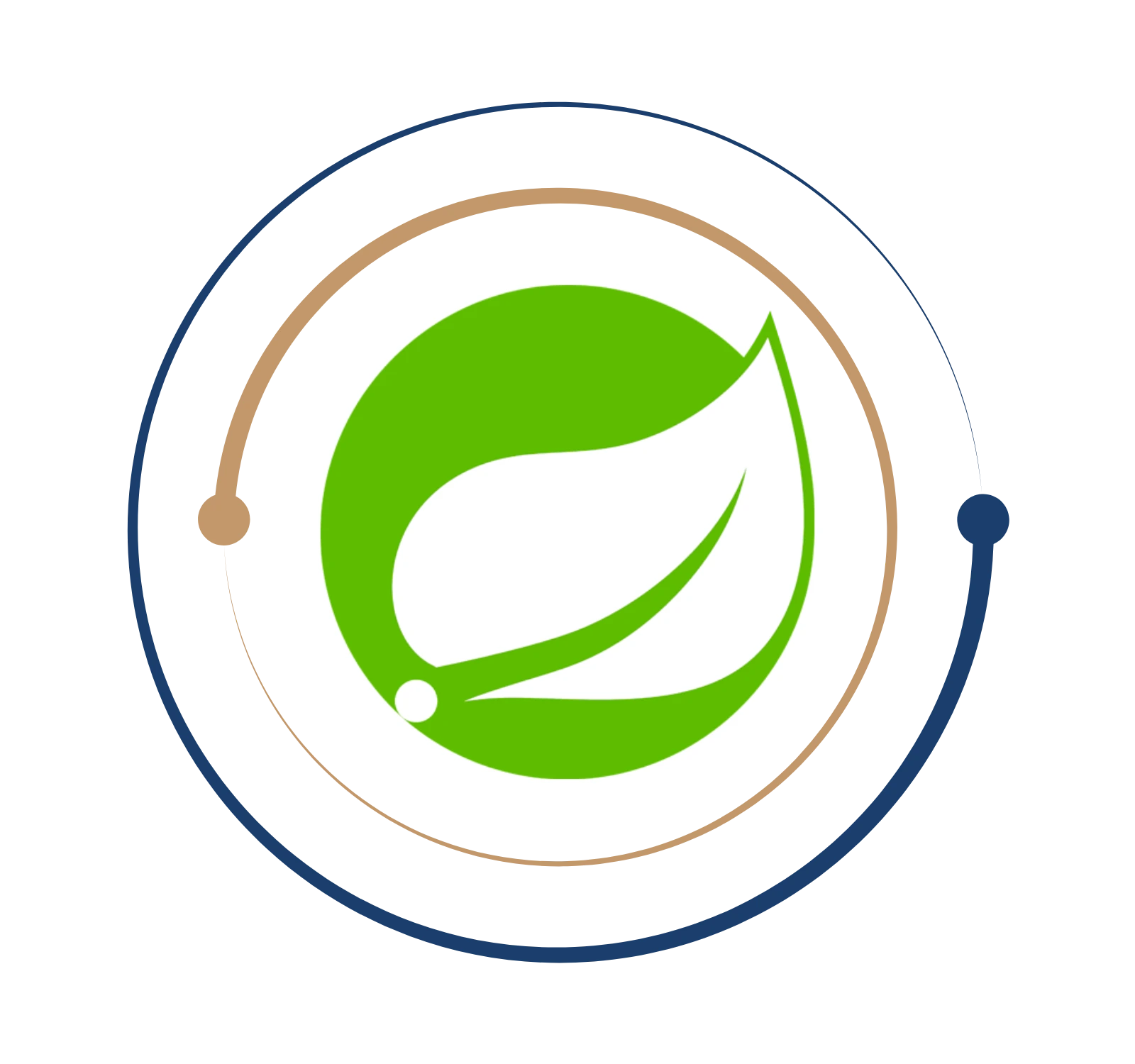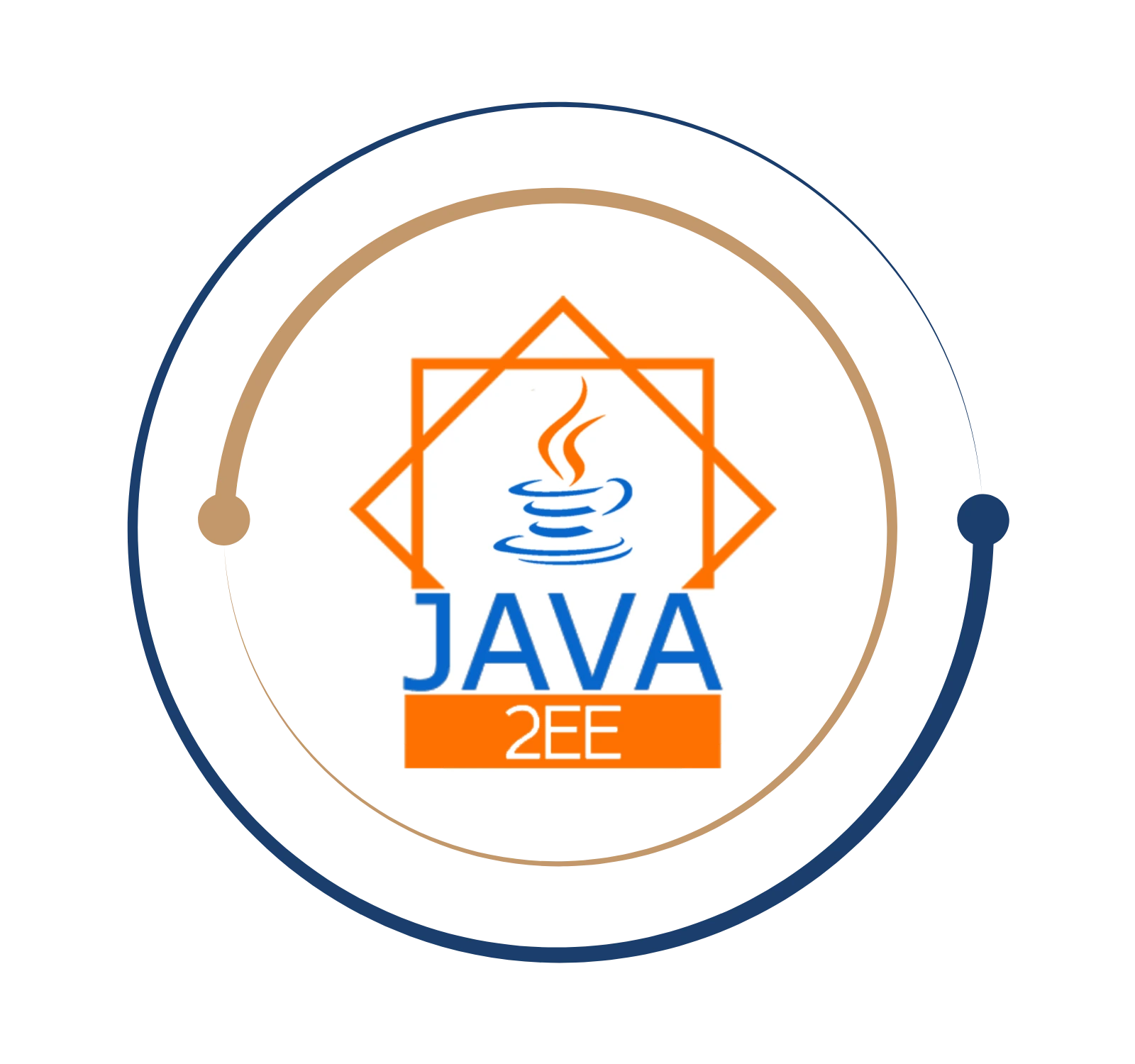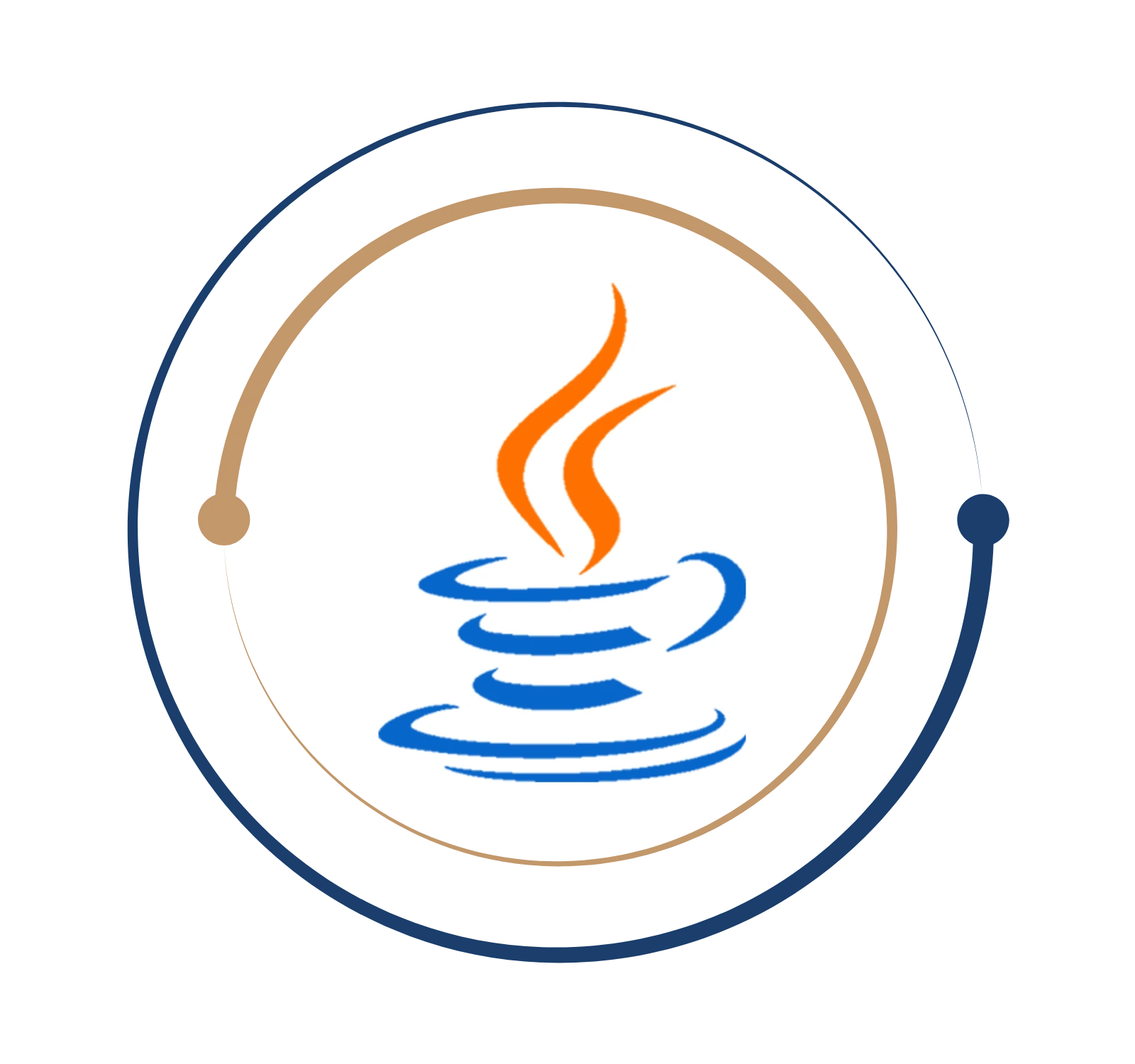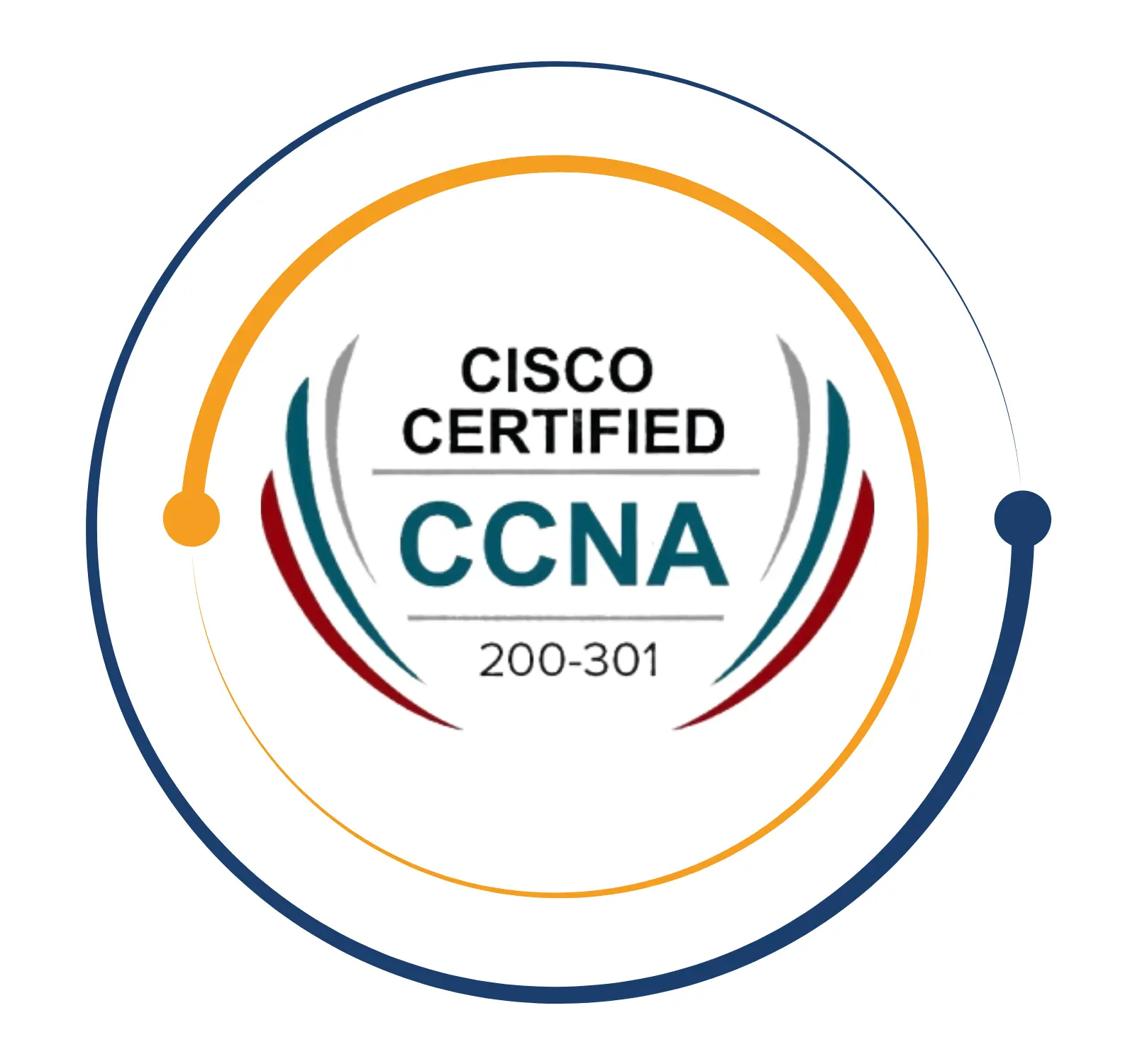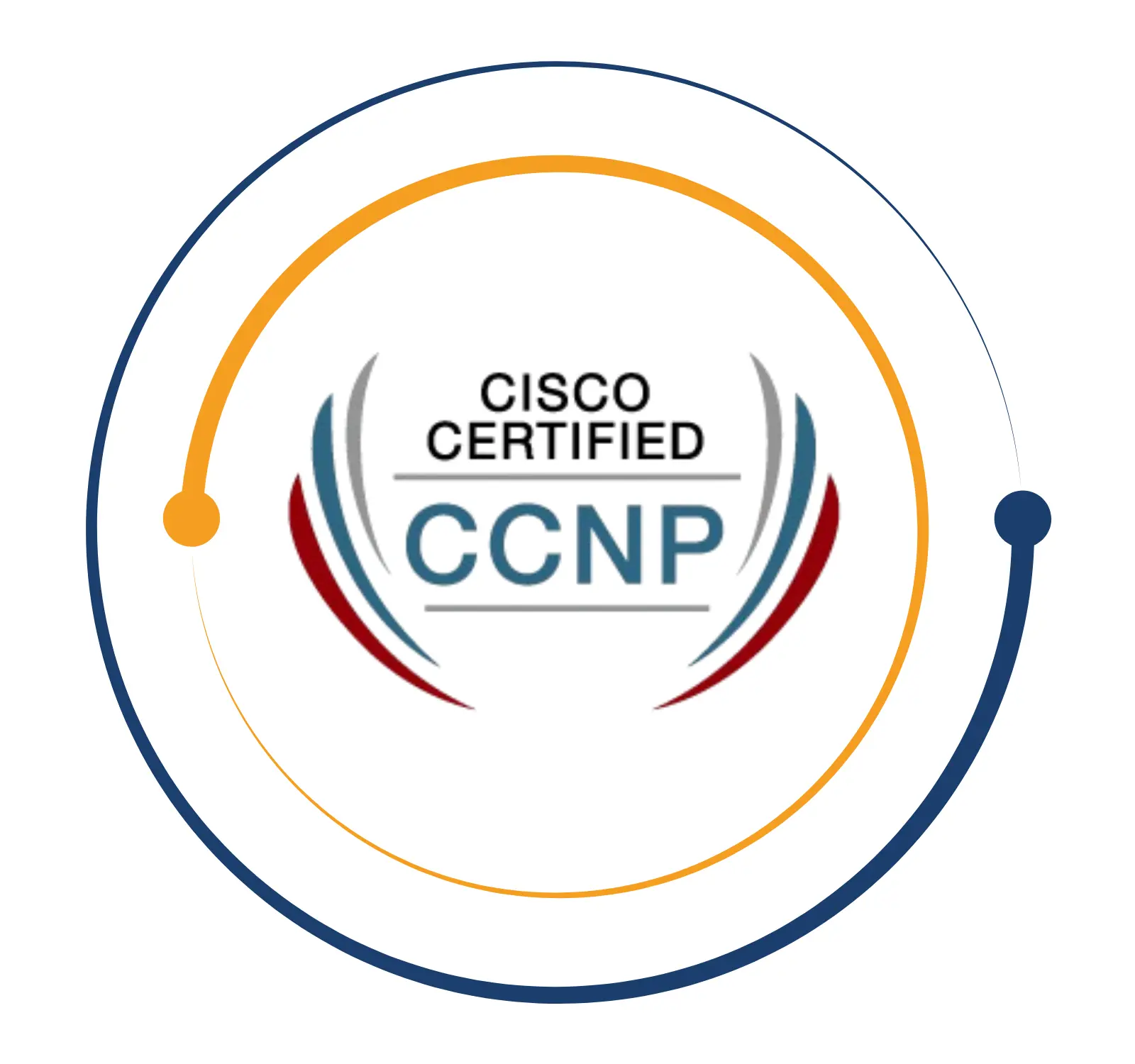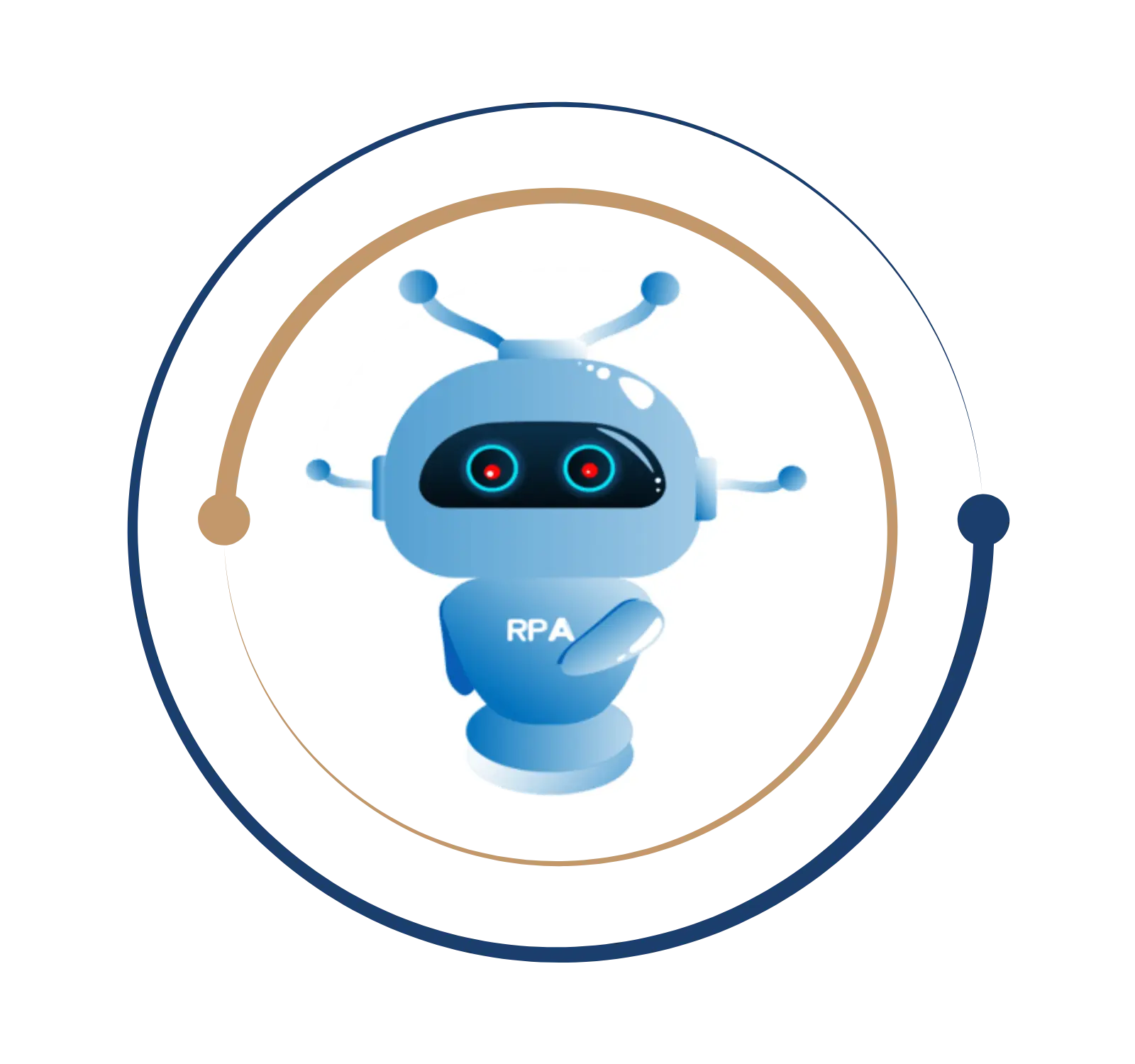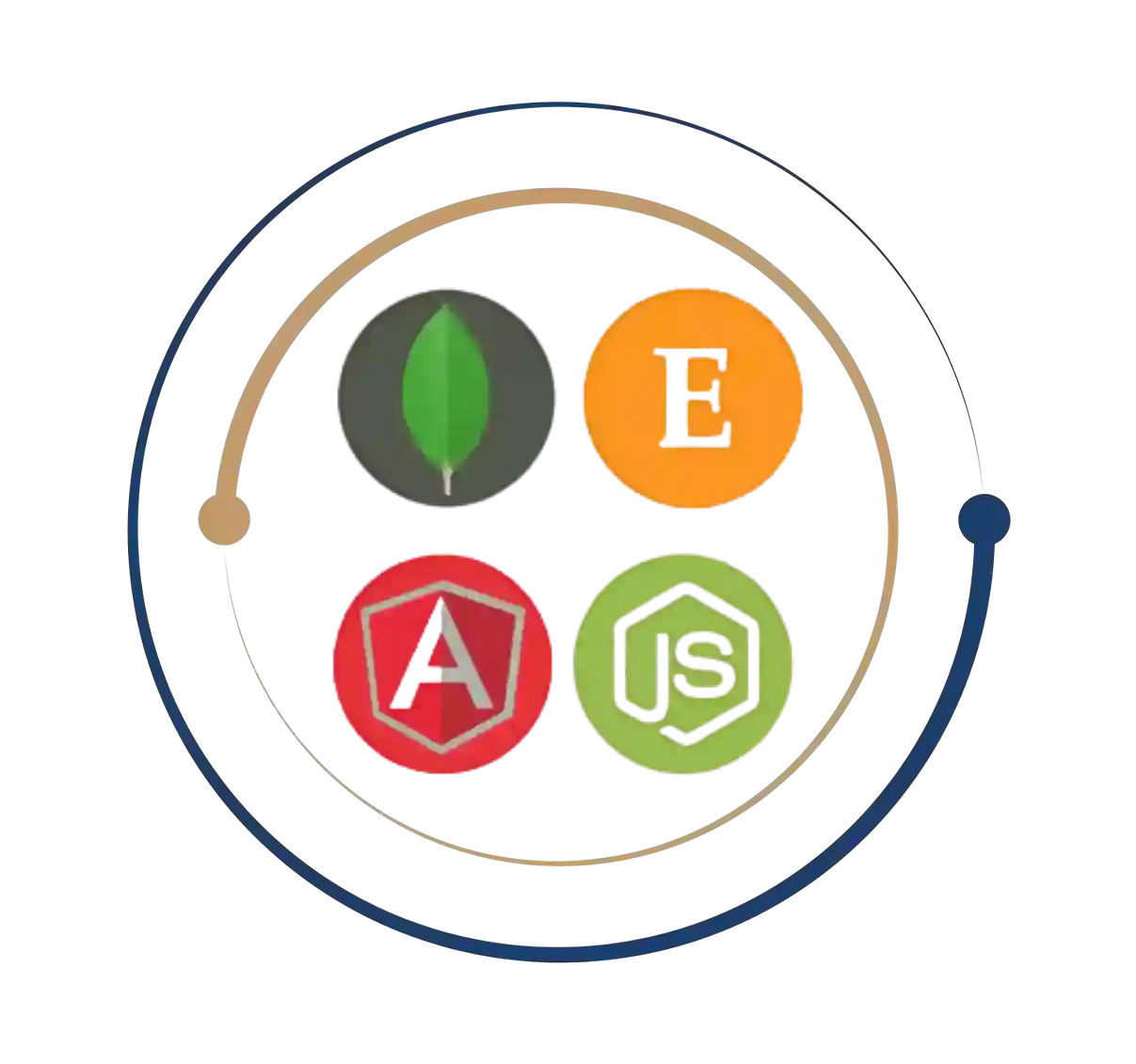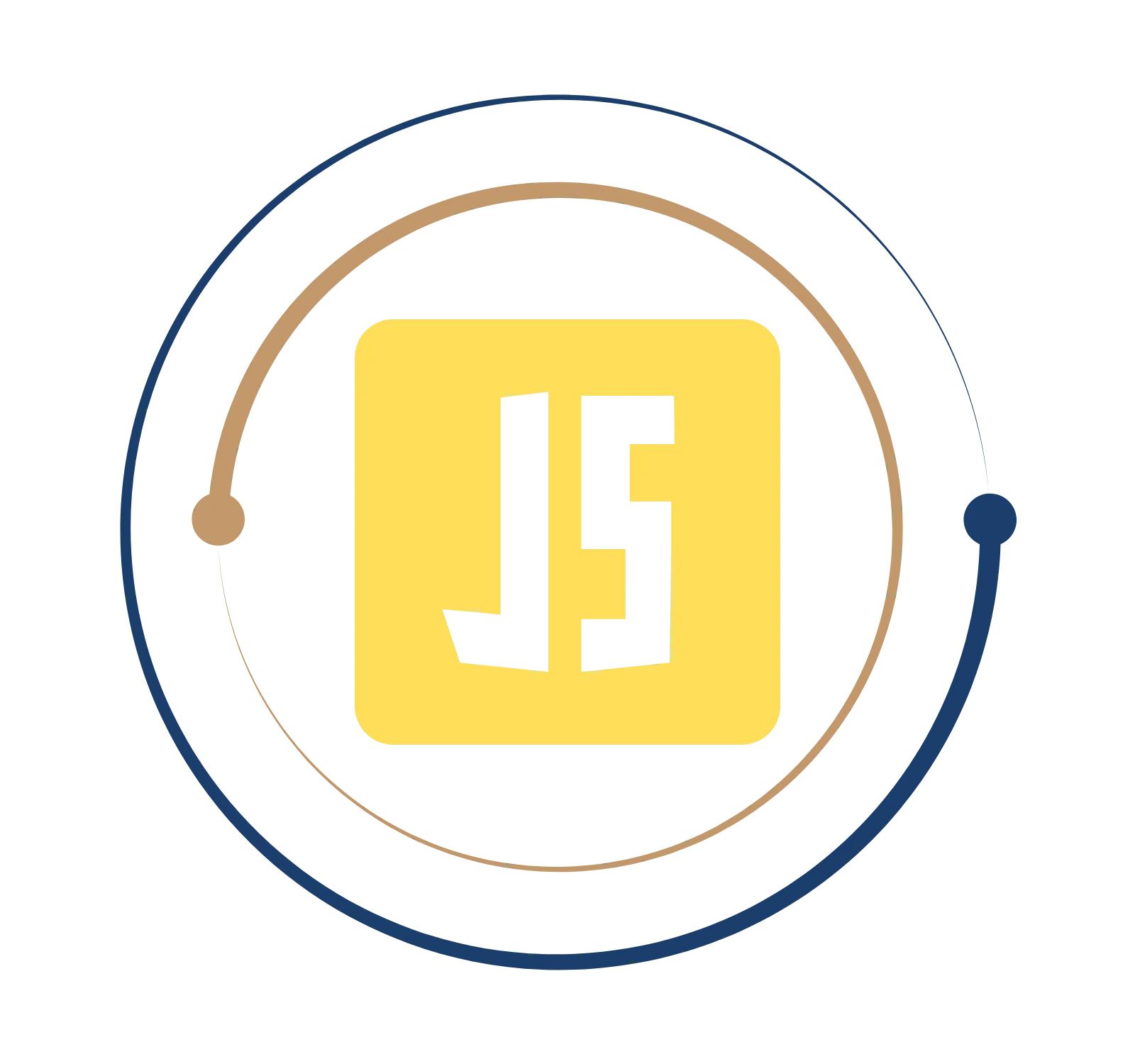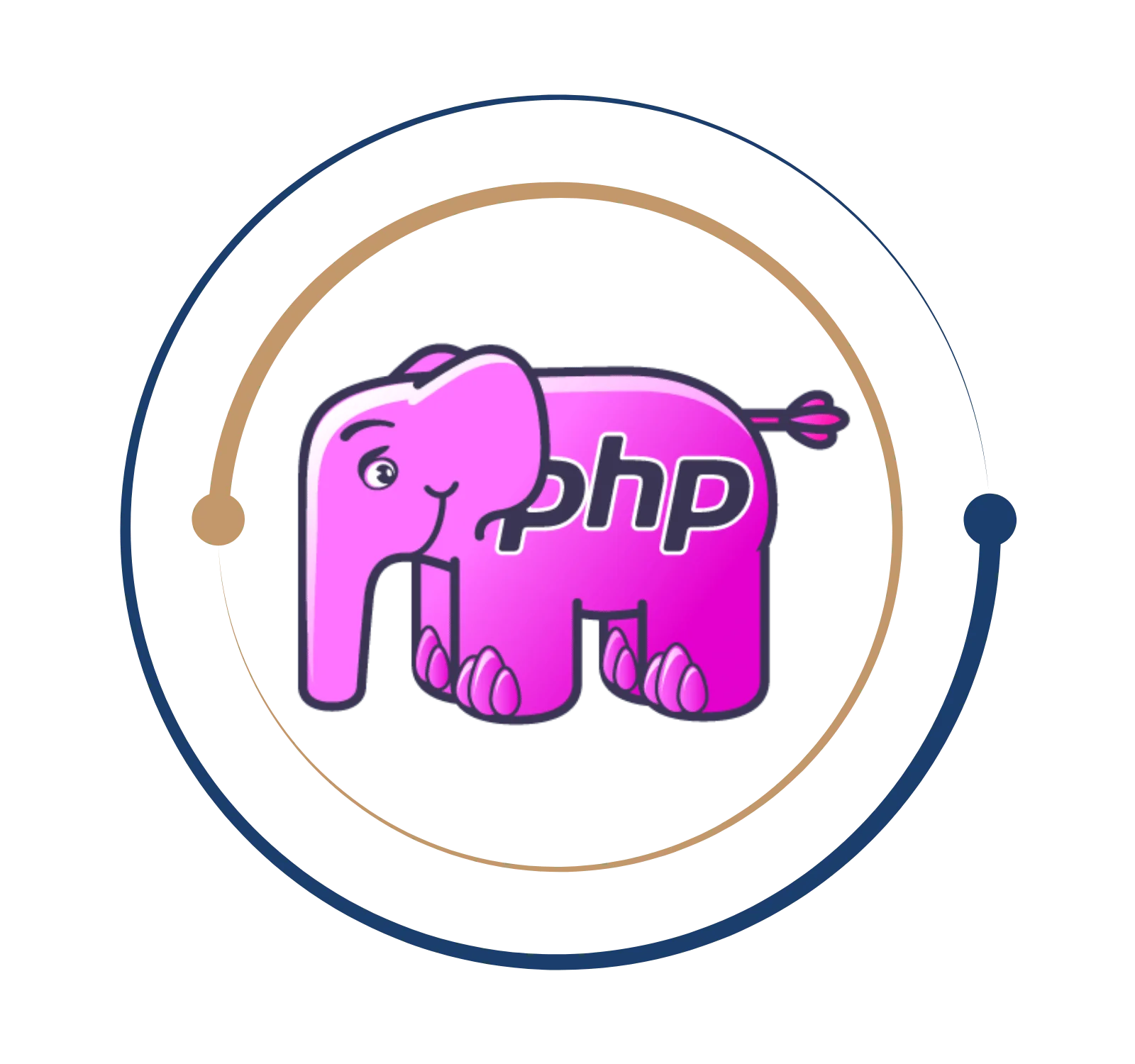Become an expert in Java with comprehensive J2EE framework training
Java Training in Chennai
BITA Academy provides the Best Java Training in Chennai. It will cover the entire Java Platform and provide the knowledge needed to advance in a Java Runtime environment. Our Java professionals have created a Java Syllabus that covers Java, J2EE, spring and Hibernate and helps students become familiar with data types, arrays, multithreading, and other concepts. The Internet of Things extensively uses Java Micro Edition, a subset of Java Runtime Environment. Our practical training program will teach you more about it and give you real-world project assignments during your course. The essential Java concepts to learn are JRE and JDK.
Java is a well-known object-oriented programming language and software platform utilized on billions of devices, including mobile phones, game consoles, laptop computers, medical equipment, and many more. Java runs on the Java Virtual Machine and is an object-oriented program (JVM). The platform-independent Java Compiler transforms Java Source Code into bytecode, then translates it to machine code.
What is J2EE?
J2EE is a Java SE extension built on the Java programming language used to create and deploy web-based enterprise applications. It comprises a collection of APIs, services, and protocols that allow developers to create multi-tiered web applications. It contains several technologies, including Servlets, Connectors, Enterprise JavaBeans, etc., that increase the capability of the Java SE APIs.
Java Training in Chennai
BITA Academy provides the Best Java Training in Chennai. It will cover the entire Java Platform and provide the knowledge needed to advance in a Java Runtime environment. Our Java professionals have created a Java Syllabus that covers Java, J2EE, spring and Hibernate and helps students become familiar with data types, arrays, multithreading, and other concepts. The Internet of Things extensively uses Java Micro Edition, a subset of Java Runtime Environment. Our practical training program will teach you more about it and give you real-world project assignments during your course. The essential Java concepts to learn are JRE and JDK.
What is Java?
Java is a well-known object-oriented programming language and software platform utilized on billions of devices, including mobile phones, game consoles, laptop computers, medical equipment, and many more. Java runs on the Java Virtual Machine and is an object-oriented program (JVM). The platform-independent Java Compiler transforms Java Source Code into bytecode, then translates it to machine code.
What is J2EE?
J2EE is a Java SE extension built on the Java programming language used to create and deploy web-based enterprise applications. It comprises a collection of APIs, services, and protocols that allow developers to create multi-tiered web applications. It contains several technologies, including Servlets, Connectors, Enterprise JavaBeans, etc., that increase the capability of the Java SE APIs.
Difference between Java and J2EE
- Java is an abbreviation for Java Standard Edition (Java SE), used to characterize core Java more accurately. J2EE, also referred to as Java platform today, stands for Java 2 platform, enterprise edition.
- Java is the foundation of core Java, which begins with Java’s fundamental notions. J2EE is the next version of Java, and it uses a two-tier architecture.
- Java is a high-level programming language that borrows heavily from C and C++ in terms of syntax. J2EE is a Java-based computer platform that essentially extends the Java standard Edition.
- Java is primarily used for desktop application development. J2EE is mostly used to create multi-tiered enterprise web applications. Both desktop and web apps can take advantage of it.
- Java is an OOP-based language that makes it easier to design software. J2EE is a group of Java APIs aimed at enterprise technologies, including EJB, Servlet, and JSP.
Java is a well-known object-oriented programming language and software platform utilized on billions of devices, including mobile phones, game consoles, laptop computers, medical equipment, and many more. Java runs on the Java Virtual Machine and is an object-oriented program (JVM). The platform-independent Java Compiler transforms Java Source Code into bytecode, then translates it to machine code.
What is J2EE?
J2EE is a Java SE extension built on the Java programming language used to create and deploy web-based enterprise applications. It comprises a collection of APIs, services, and protocols that allow developers to create multi-tiered web applications. It contains several technologies, including Servlets, Connectors, Enterprise JavaBeans, etc., that increase the capability of the Java SE APIs.
- Java is an abbreviation for Java Standard Edition (Java SE), used to characterize core Java more accurately. J2EE, also referred to as Java platform today, stands for Java 2 platform, enterprise edition.
- Java is the foundation of core Java, which begins with Java’s fundamental notions. J2EE is the next version of Java, and it uses a two-tier architecture.
- Java is a high-level programming language that borrows heavily from C and C++ in terms of syntax. J2EE is a Java-based computer platform that essentially extends the Java standard Edition.
- Java is primarily used for desktop application development. J2EE is mostly used to create multi-tiered enterprise web applications. Both desktop and web apps can take advantage of it.
- Java is an OOP-based language that makes it easier to design software. J2EE is a group of Java APIs aimed at enterprise technologies, including EJB, Servlet, and JSP.
Get Instant Help Here
The Oracle Certified Java Certification aids developers in acquiring the knowledge necessary to create Java-based software. Oracle administers exams to determine if you possess the necessary Java knowledge. And this aids in the difficult but necessary work of improving the skills of software engineers. Oracle offers certificates at several levels, which we shall discuss in our Java training sessions. Therefore, these kinds of exams spark motivation in software professionals to learn Java quickly. The most crucial Java concepts, such as concurrency, Java DB Connectivity, and garbage collectors, are covered in the Java SE 13 Syllabus. After completing our Java training in Chennai, we advise all students to pass the fundamental exam. And for this reason, BITA Academy is regarded as the best Java training in Chennai.
- Oracle Certified Associate (OCA)
- Oracle Certified Professional (OCP)
- And Oracle Certified Expert (OCE)
- Oracle Certified Master (OCM)
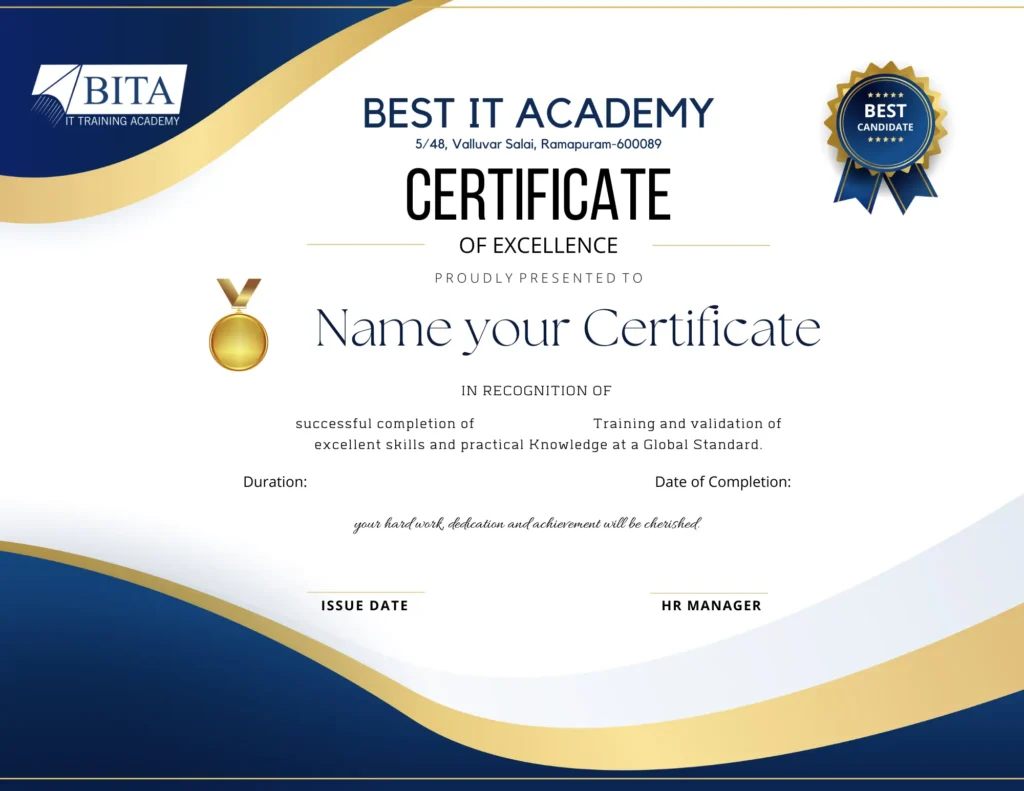
As a newcomer, finding employment in the Java industry is rather simple. Aspiring programmers have many excellent career options, widespread recognition, and incredibly fulfilling work. Well, it’s unclear how much a Java developer or programmer should know before starting their profession as a newbie. The need for Java among software professionals is high. For Java programmers, there are numerous offers. Since Java is always in demand in the IT industry, numerous sophisticated products have been created. The foundation of network apps is Java. In a recent poll, Java is also listed as one of the essential skills for Data Scientists working with Big Data. Java developers are crucial to the IT transition, so taking this course is important.Java developers in India make an average of 8 LPA. Signup for Java Training in Chennai.
Job you can land with Java and J2EE
What you will learn?
- What is JDBC?
- Different Types of Drivers
- How to load the drivers?
- Connection
- Statement
- Prepared Statement
- Callable Statement
- Result Set
- Interfaces
- What is Web Application?
- CGI
- Servlet
- What do you know Web Server and Container?
- Deep Dive on HTTP Protocol
- What do you know about Generic Servlet and HTTP Servlet?
- Life Cycle of Servlet
- Deep Dive on Servlet Work Flow
- How to create War File?
- How to develop a servlet in Eclipse?
- Deep Dive on Myeclipse
- What do you know about GET and POST request?
- Deep Dive on ServletConfig and ServletContext
- Attribute in Servlet
- What do you know about RequestDispatcher?
- Session Tracking
- What do you know about Hidden Form Field?
- Cookie
- HTTP Session
- Deep Dive on URL Rewriting
- Filters
- What do you know about Annotation Servlet?
- Single Thread Model
- How to develop an app using Servlet?
- Difference between JSP and Servlet
- JSP API
- How to write JSP app?
- Life Cycle of JSP
- How to use JSP in eclipse?
- Deep Dive on JSP Scripting Elements
- What do you know about Implicit Object?
- Deep Dive on JSP Directive Elements
- JSP Exception
- Action Elements
- Expression Language
- JSTL
- JSP Custom Tag
- MVC
- How to develop an app using JSP?
- How to develop an app using MVC?
- Do you know to use Hibernate Config and Mapping file?
- What is POJO? (Plain old java object class)
- Hibernate API – An Overview
- Difference between Hibernate and JDBC
- An Overview of Hibernate
- Deep Dive on Hibernate Architecture
- An Overview of ORM (Object Relational Mapping)
- What do you know about Hibernate Resource?
- How to create first Hibernate app?
- Do you know to use Hibernate in Eclipse and MyEclipse?
- How to use Hibernate app with CURD Operation?
- Deep Dive on Hibernate Query Language
- Native SQL
- Criteria API
- What do you know about Hibernate Inheritance?
- Table per Class
- Table per Sub Class
- What do you know about Table per Concrete Class?
- Deep Dive on Caching
- Difference between First level and Second level Cache
- How to connect with multiple DB?
- Do you know to integrate Hibernate with Servlet?
- How to integrate Hibernate with Struts?
- Do you know to integrate Hibernate with Spring?
- How to work with Hibernate Annotations?
- An Overview
- Difference between Local and Global Exceptions
- What do you know about Local and Global Forwards?
- Deep Dive on Exception Handling in Struts
- What do you know about DynaValidatorForm?
- Different Types of Forms
- Difference between Server and Client Side Validations
- What do you know about validations in struts?
- Deep Dive on Struts request process flow
- What do you know about Struts Config file?
- Action Class
- Action Form
- Web.xml
- Deep Dive on ActionServlet
- An Overview of Struts Resource
- Different Types of App
- Do you know about layers in an app?
- Presentation Layer
- Business Layer
- Data Storage
- Access Layer
- Deep Dive on System Architecture
- Web Application Model
- Difference between Model 1 and Model 2 Architecture
- Deep Dive on Struts Architecture
- HTML Tag Library
- Bean Tag Library
- Logic Tag Library
- Nested Tag Library
- Tiles Tag Library
- Do you know to predefine Action Class?
- How to use Forward and Include Action?
- Dispatch Action
- Struts 2.X – An Overview
- Deep Dive on Architecture
- What do you know Interceptors and Value Stack?
- Difference between Custom and Params Interceptor
- Difference between prepare and modelDriver Interceptor
- Deep Dive on Zero Configuration
- How to use SessionAware and ServletActionContext?
- An Overview of Spring
- Spring Modules
- How to create a Spring app?
- Do you know to use spring in MyEclipse?
- How to use Spring in Eclipse?
- Spring Core Module
- Deep Dive on Dependency Injection
- What do you know IOC Container?
- Difference between Dependency and Constructor Injection
- Deep Dive on CI Dependent Object
- CI with Collection and Map
- What do you know about Setter Injection? (SI)
- Deep Dive on SI Dependent Object
- SI with Collection and Map
- Difference between CI and SI
- Deep Dive on Auto Wiring
- An Overview of AOP
- How to use SP AspectJ Annotation and XML?
- Spring JDBC Template
- How to use PreparedStatement and ResultSetExtractor?
- Do you know to use RowMapper and NamedParameter?
- Spring ORM
- Spring with Hibernate
- Deep Dive on Spring with JPA
- Spring MVC
- Deep Dive on Multiple Controller
Weekdays
Mon-Fri
Online/Offline
1 hour
Hands-on Training
Suitable for Fresh Jobseekers
/ Non IT to IT transition
Weekends
Sat – Sun
Online/Offline
1.30 – 2 hours
Hands-on Training
Suitable for IT Professionals
Batch details
Week days
Mon-Fri
Online/Offline
1 hour
Hands-on Training
/ Non IT to IT transition
Sat – Sun
Online/Offline
1:30 – 2 hours
Hands-on Training
Why should you select us?
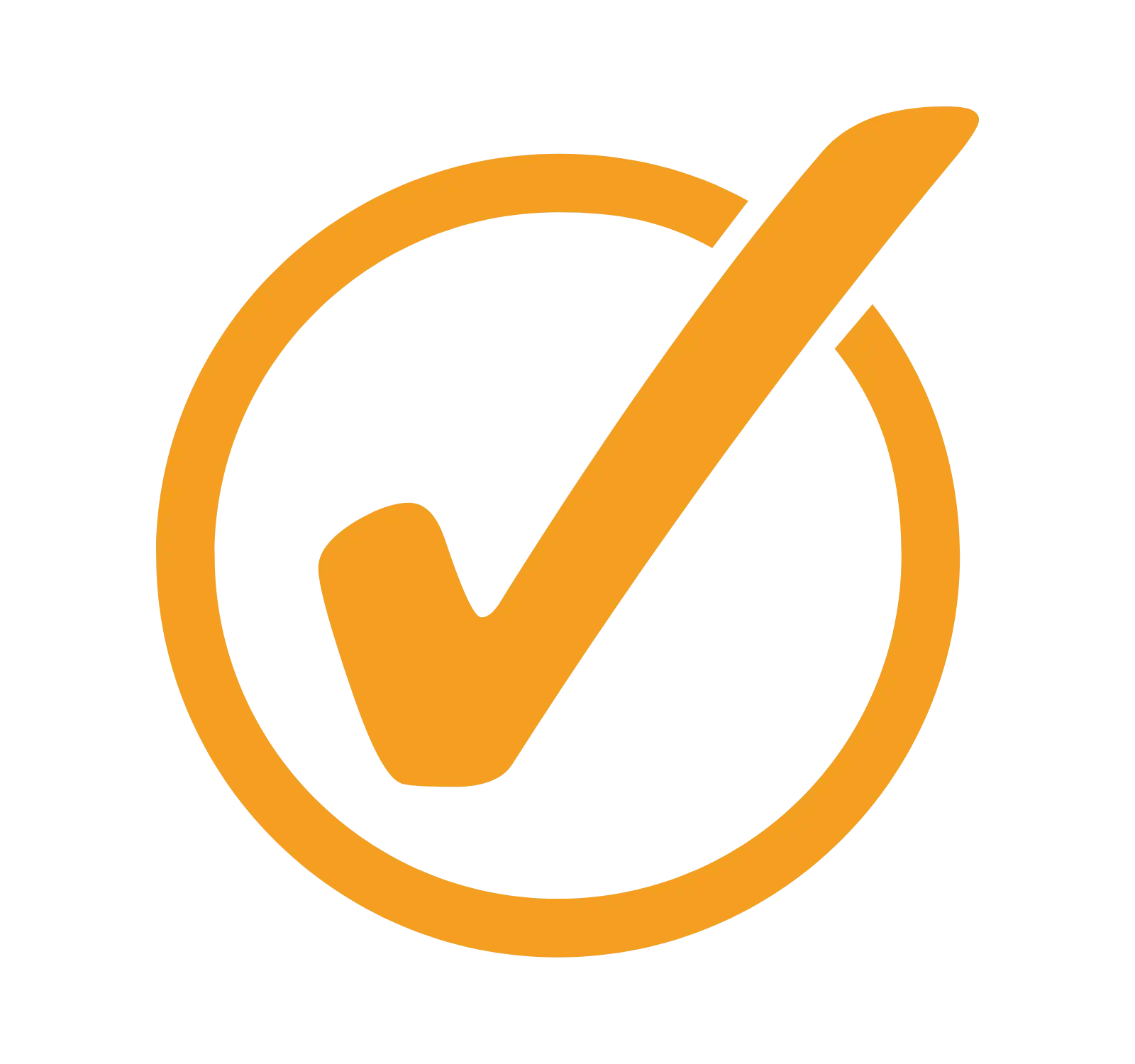





Why should you select Us?







